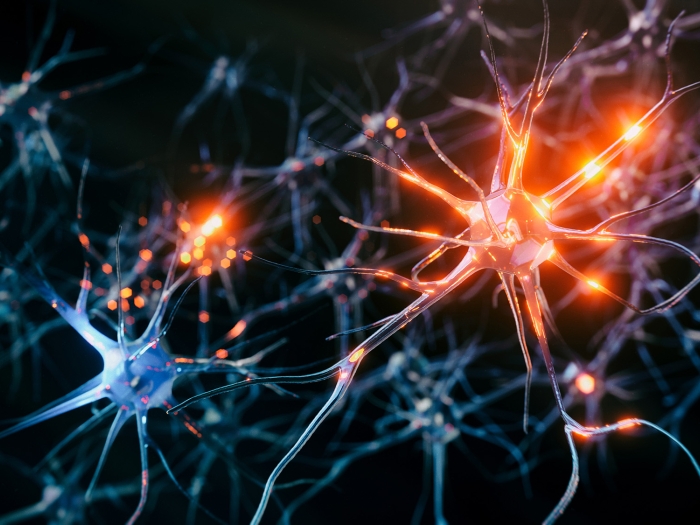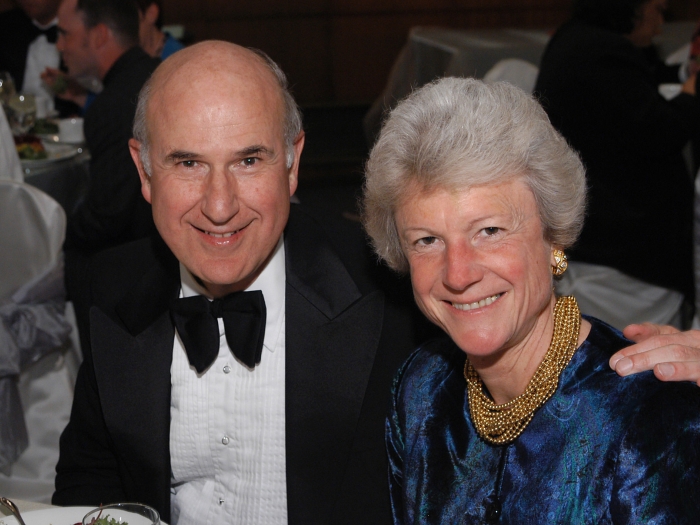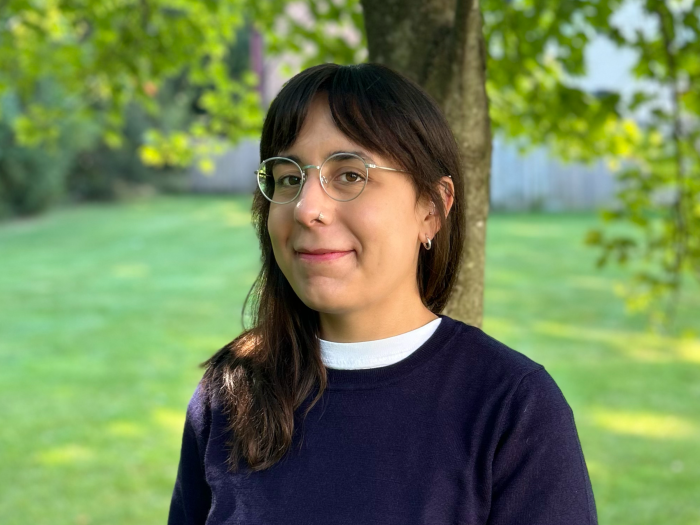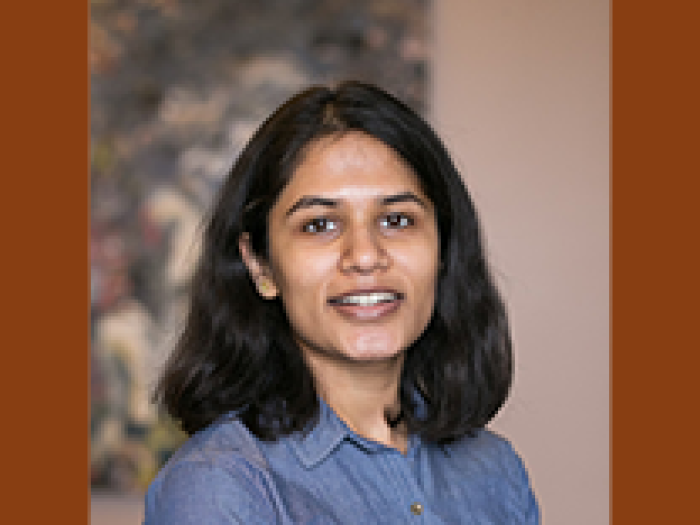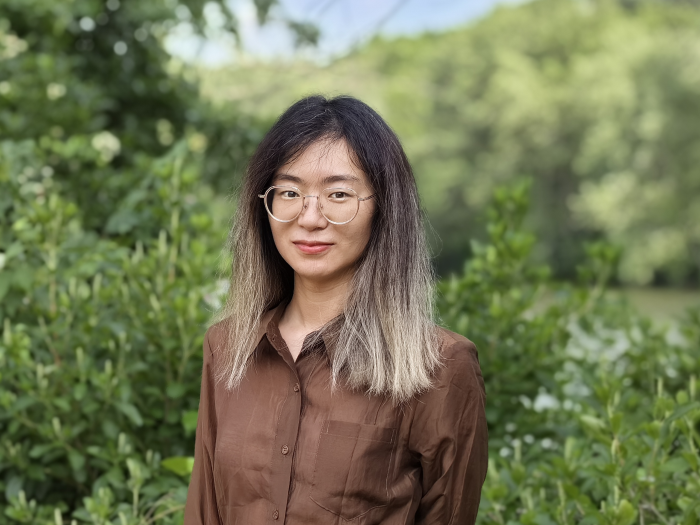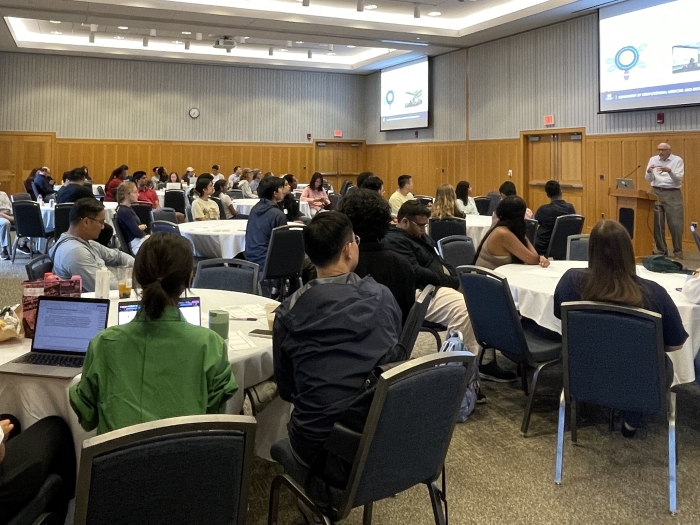We welcome students from a variety of backgrounds in four graduate programs and offer many research opportunities.
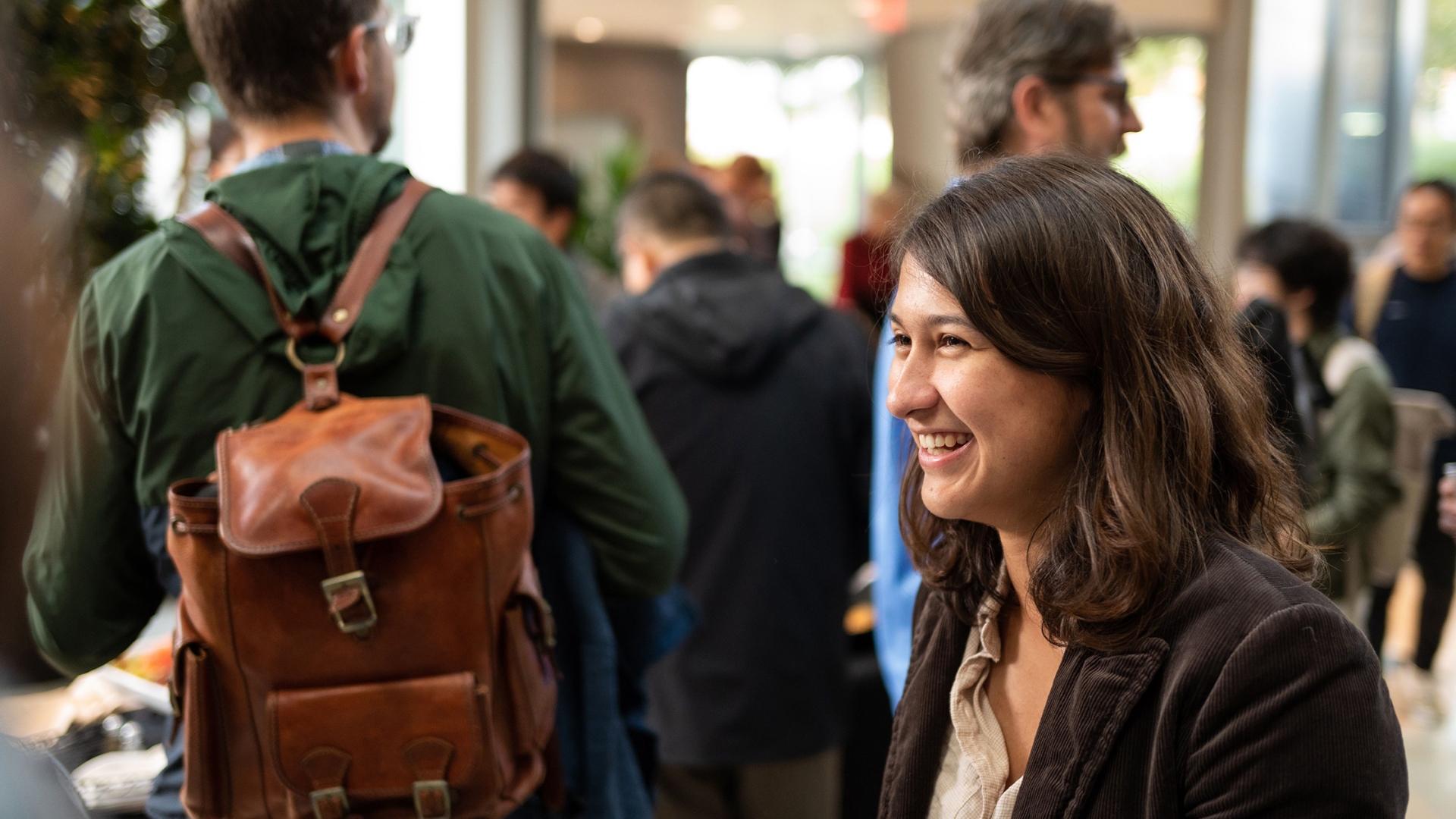
Recognizing the expanding impact on health and health care of computational medicine, artificial intelligence and bioinformatics, Gilbert S. Omenn and his wife, Martha A. Darling, have made a gift of $25 million to the Medical School’s Department of Computational Medicine and Bioinformatics (DCMB).
With the gift, the Gilbert S. Omenn Department of Computational Medicine and Bioinformatics becomes the first named department at U-M and one of the first named medical school basic science departments in the nation.
100 Washtenaw Avenue
Ann Arbor, MI 48109-2218
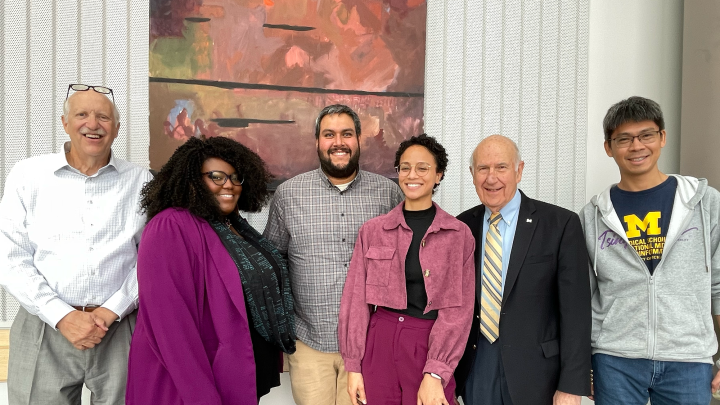
Our interdisciplinary center is the home of innovative research and cross-campus collaboration. Here, experts from across schools and departments work together to advance biomedical knowledge and its therapeutic applications.
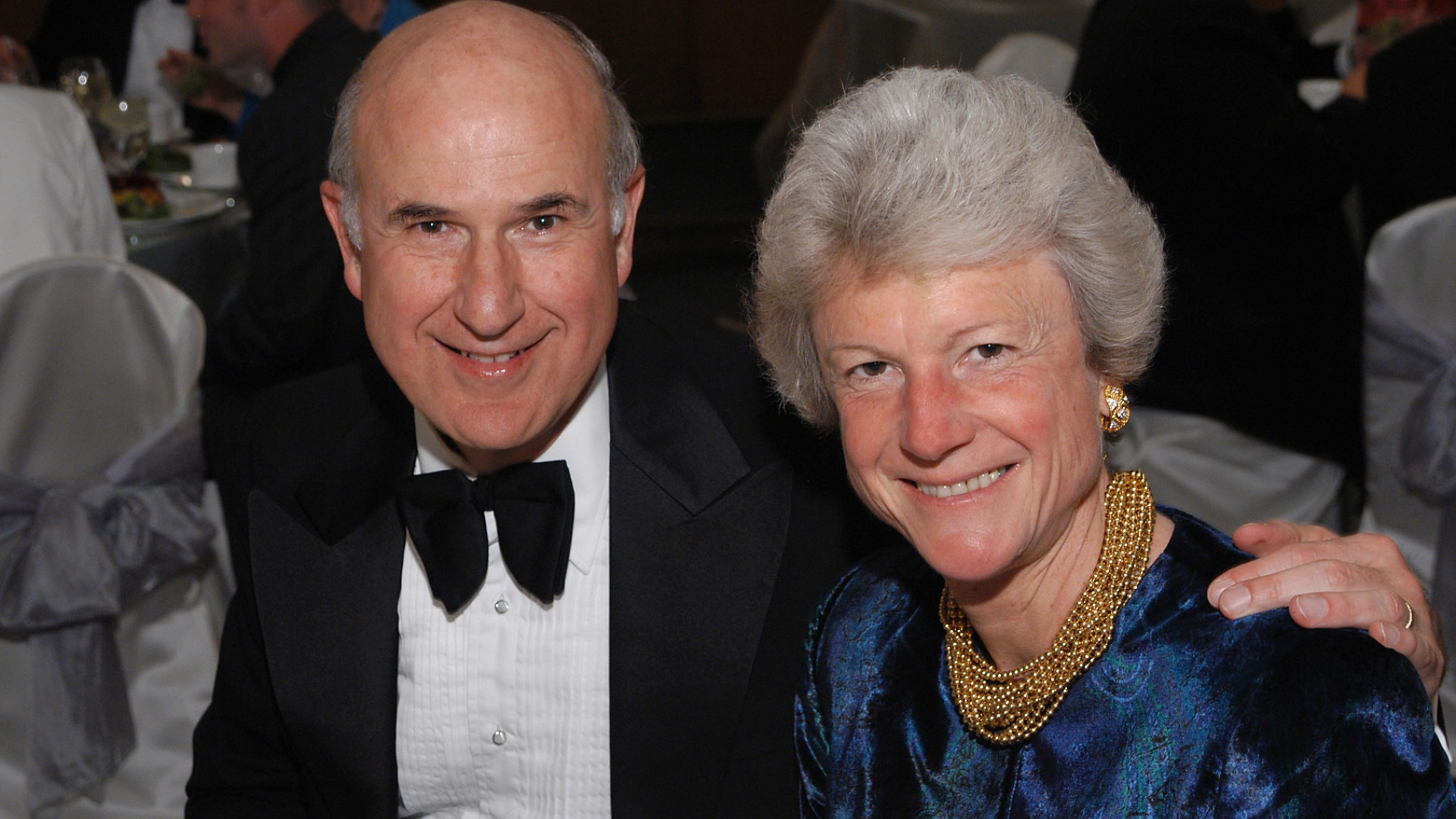
Learn more about the Computational Medicine and Bioinformatics Department in this short video.
Our department offers four degrees: PhD, Master's, Accelerated Master's and Dual Degree. It is supported in part by two NIH Training Grants.
Help our trainees become the innovators of the cures and technologies of tomorrow.
